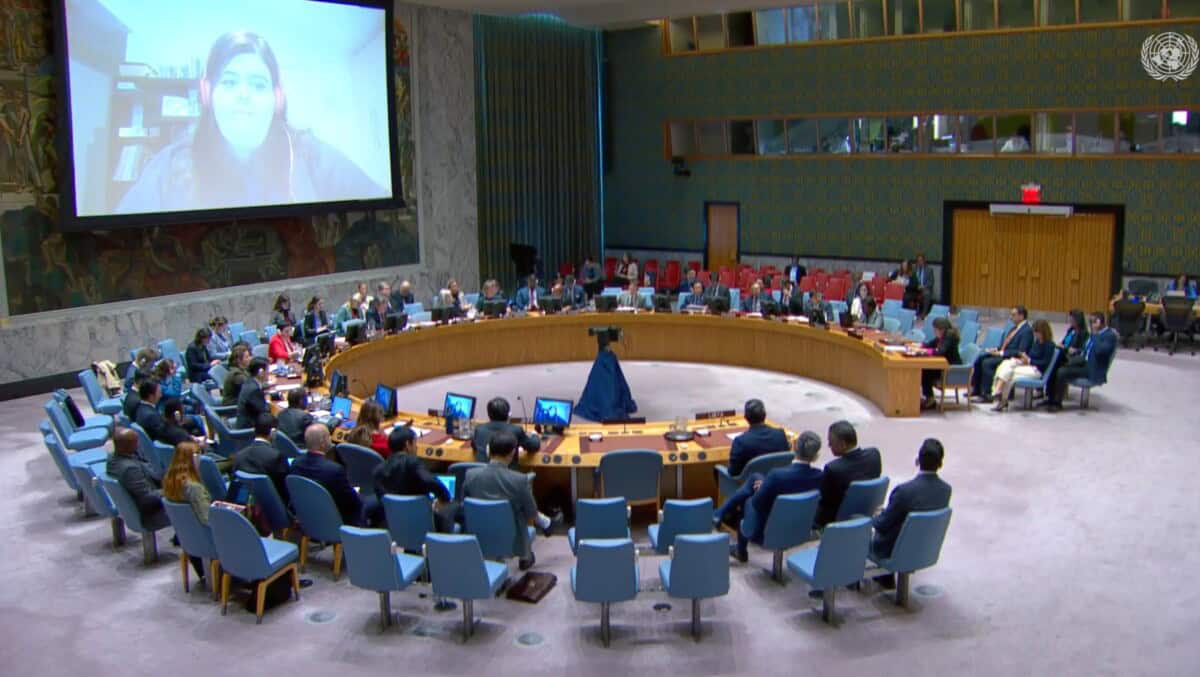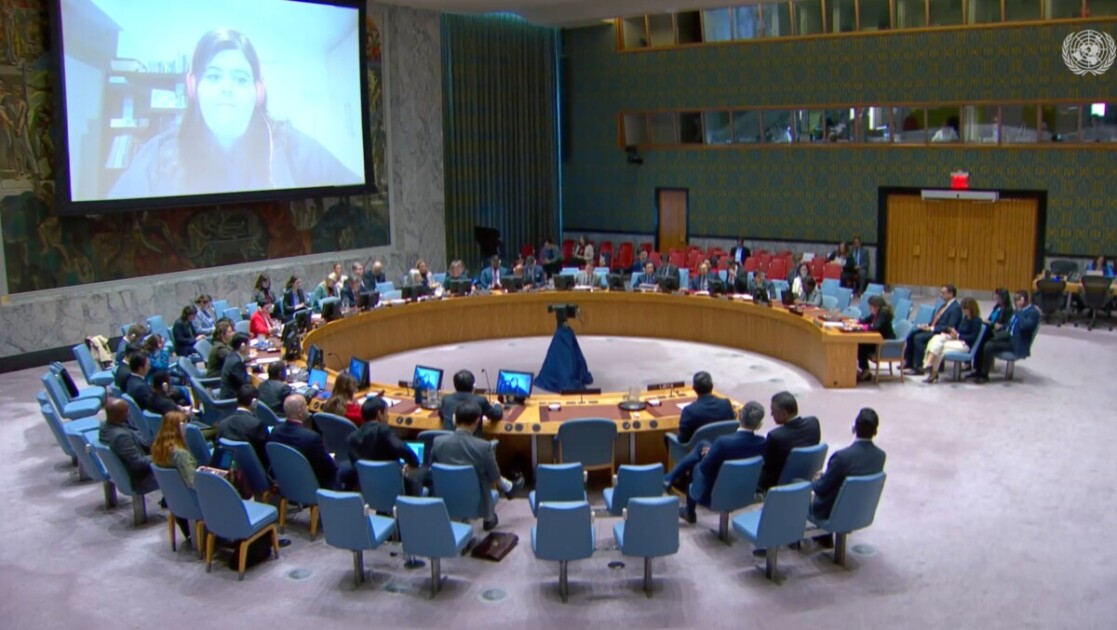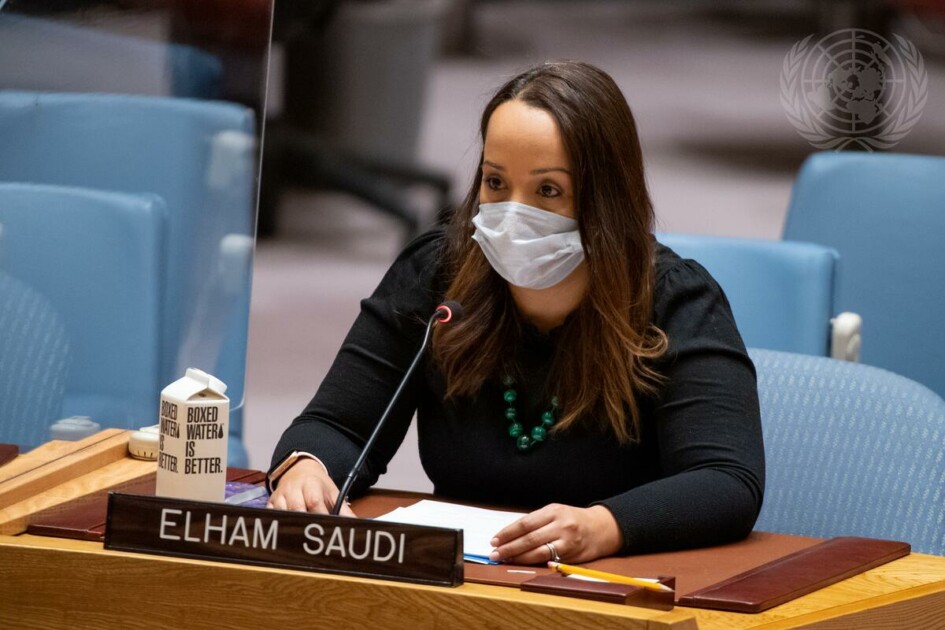Libya
Libya
Years after the deposition of dictator Moammar Gadhafi as part of the Arab Spring, Libya remains in a deteriorating security situation that is especially volatile for women. Sexual and gender-based violence during the war, including mass rape, has yet to be investigated, and women’s rights have continued to decline as different Islamic groups strive to curtail freedoms throughout the country. Violence against women remains common, but reporting remains low; like political and civic participation, reporting and activism by women remains deterred due to threats of violence or death.
Since 2011, Libya has passed new laws which discriminate against women, including the legalization of polygamy and quota reductions for women’s representation in Parliament. Although a party to the Convention on the Elimination of All Forms of Discrimination against Women (CEDAW), Libya does not have a National Action Plan per resolution 1325 (2000).
Due to the high rates of discrimination, exclusion and violence faced by women in Libya, the NGOWG advocates for the Security Council to continue supporting the United Nations Support Mission in Libya (UNSMIL) to include women as full and equal partners in supporting the transition of power to the Government of National Accord, which has struggled to establish legitimacy and control. Without the inclusion of women, the new government will face greater challenges to creating sustainable peace in Libya and continue exposing Libyan women to extreme risk of violence.
Current and Past Recommendations to the UN Security Council (Monthly Action Points)
With the deteriorating security situation and the threat posed by armed groups and illicit arms proliferation, active female public figures, including human rights defenders (HRDs), civil society leaders, activists, journalists and politicians, continue to be targets of in assassinations, abductions and crimes of sexual violence. In the renewal of the mandate for the UN Support Mission in Libya (UNSMIL), the Security Council should call for gender to be considered a cross-cutting issue across the work of the mission (SCR 2122 (2013), OP 4) and further include provisions which:
- Promote the full and effective participation of women in policymaking, treaty negotiations and discussions on disarmament and arms control, including through the establishment of a consultative mechanism with civil society groups in all activities relating to the democratic transition, conflict resolution and peacebuilding, in line with SCR 1325 (2000) and all subsequent WPS resolutions;
- Recognize women’s unique protection needs, including with regards to cases of trafficking, torture and detainment, as well as considerations relevant to women’s role in DDR and SSR processes;
- Call for an end of impunity for violence against women, investigate and monitor human rights abuses, including SGBV, and deploy women’s protection advisers, gender advisers and other gender expertise in the mission;
- Support women’s leadership and participation in all efforts to combat, reduce and prevent terrorism and violent extremism; and
- Request the Secretary-General to report to the Security Council all relevant information on women’s situation in Libya, including in the political, security and humanitarian sectors, and provide sex and age disaggregated data whenever possible.
In its consideration of the sanctions regime, the Council should reference sexual and gender-based violence specifically as part of the listing criteria (SCR 2242 (2015), OP 6). In line with SCR 2242 (2015) (OP 6), the Council should commit to ensuring the expert group has gender expertise. Particularly, within the discussion on the illicit transfer and misuse of small arms and light weapons, reporting should include information on the impact on women and girls (SCR 2220 (2015), OP 26). Information regarding human rights abuses, including SGBV (SCR 1888 (2009), OP 10), should be collected through collaboration with UNSMIL, relevant UN entities and civil society organizations, in accordance with international standards for ethical data collection.
With the deteriorating security situation and the threat posed by armed groups and illicit arms proliferation, active female public figures, including human rights defenders (HRDs), civil society leaders, activists, journalists and politicians, continue to be targets of in assassinations, abductions and crimes of sexual violence. In the renewal of the mandate for the UN Support Mission in Libya (UNSMIL), the Security Council should call for gender to be considered a cross-cutting issue across the work of the mission (SCR 2122 (2013), OP 4) and further include provisions which:
- Promote the full and effective participation of women in policymaking, treaty negotiations and discussions on disarmament and arms control, including through the establishment of a consultative mechanism with civil society groups in all activities relating to the democratic transition, conflict resolution and peacebuilding, in line with SCR 1325 (2000) and all subsequent WPS resolutions;
- Recognize women’s unique protection needs, including with regards to cases of trafficking, torture and detainment, as well as considerations relevant to women’s role in DDR and SSR processes;
- Call for an end of impunity for violence against women, investigate and monitor human rights abuses, including SGBV, and deploy women’s protection advisers, gender advisers and other gender expertise in the mission;
- Support women’s leadership and participation in all efforts to combat, reduce and prevent terrorism and violent extremism; and
- Request the Secretary-General to report to the Security Council all relevant information on women’s situation in Libya, including in the political, security and humanitarian sectors, and provide sex and age disaggregated data whenever possible.
In its consideration of the sanctions regime, the Council should reference sexual and gender-based violence specifically as part of the listing criteria (SCR 2242 (2015), OP 6). In line with SCR 2242 (2015) (OP 6), the Council should commit to ensuring the expert group has gender expertise. Particularly, within the discussion on the illicit transfer and misuse of small arms and light weapons, reporting should include information on the impact on women and girls (SCR 2220 (2015), OP 26). Information regarding human rights abuses, including SGBV (SCR 1888 (2009), OP 10), should be collected through collaboration with UNSMIL, relevant UN entities and civil society organizations, in accordance with international standards for ethical data collection.
Relevant Resources






